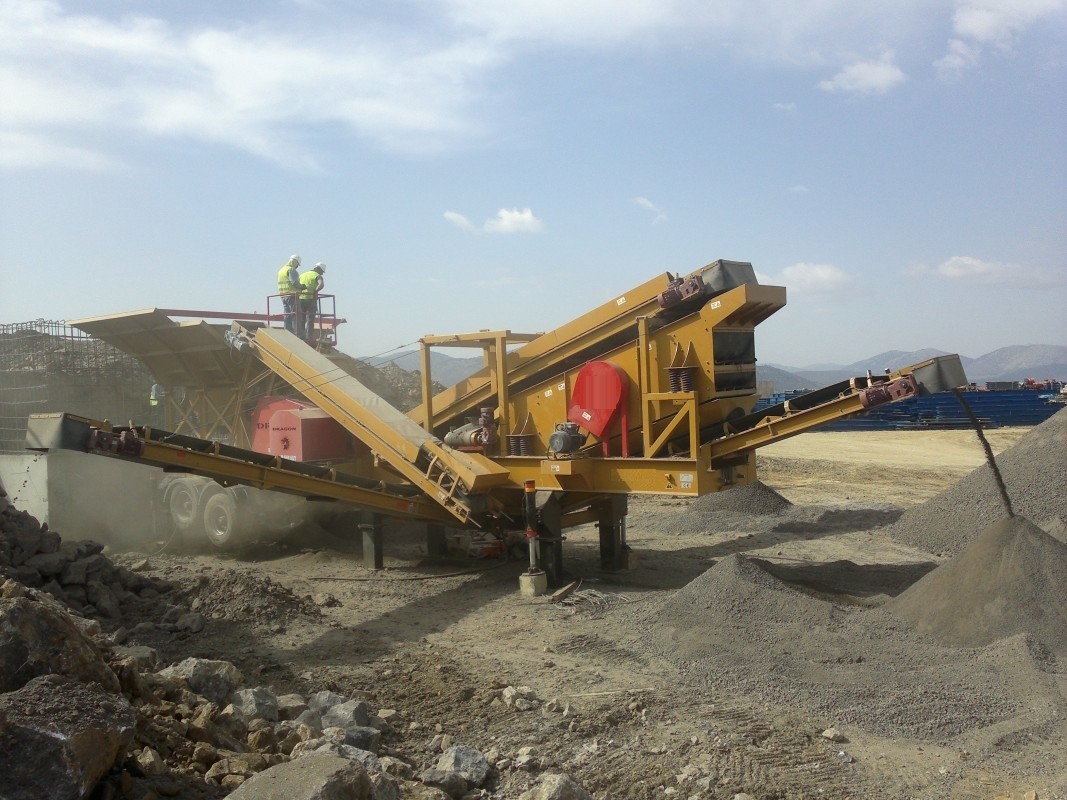The Next Generation of Portable Crushing, Grinding, and Screening Plants
In today’s fast-paced industrial world, efficiency and flexibility are key. This is especially true for industries involved in mining, construction, and recycling, where heavy-duty machinery plays a pivotal role in extracting, processing, and separating materials. With technological advancements, the new generation of portable crushing, grinding, and screening plants have become a game-changer. These plants offer unmatched benefits in terms of mobility, productivity, and environmental impact. In this article, we will explore the cutting-edge features of these plants and how they are revolutionizing the industry.
1. What Are Portable Crushing, Grinding, and Screening Plants?
Portable crushing, grinding, and screening plants are mobile units designed for various stages of material processing. These plants can be easily relocated to different sites, reducing downtime and increasing operational efficiency. Whether you’re working on a construction project or mining for minerals, these portable plants provide a flexible and cost-effective solution to process materials on-site.
2. Key Features and Benefits
-
Mobility and Flexibility: One of the most significant advantages of portable plants is their mobility. These plants can be moved from one site to another with minimal effort, allowing companies to optimize operations across multiple locations. This reduces transportation costs and the need for stationary, bulky equipment.
-
Increased Efficiency: Modern portable plants are equipped with state-of-the-art technology that ensures efficient and high-quality material processing. Automation and digital monitoring systems help operators manage production with precision, minimizing human error and maximizing throughput.
-
Space-Saving Design: Many portable plants are designed to be compact and space-efficient. These designs allow them to be easily set up in remote or tight spaces without compromising performance. The modular structure of the plant ensures scalability, meaning additional units can be added as needed.
-
Environmentally Friendly: Portable plants are often built with eco-friendly materials and energy-efficient systems. The reduction in transportation distance and the ability to recycle materials on-site help lower the environmental footprint, making these plants a sustainable option in the industry.
3. Applications of Portable Crushing, Grinding, and Screening Plants
Portable plants are used in various industries, including:
-
Mining: These plants are essential in the extraction and processing of minerals and ores. They can crush and grind materials, as well as separate valuable minerals from waste.
-
Construction: Portable plants are increasingly being used in construction for recycling concrete, asphalt, and other materials. This helps reduce the need for landfill disposal and provides a sustainable solution to construction waste management.
-
Recycling: In the recycling industry, portable crushing and screening plants can process old materials, such as metal, plastic, and glass, allowing them to be reused and reducing waste.
4. The Future of Portable Plants
As technology continues to evolve, the next generation of portable plants will become even more advanced. Expect to see improvements in automation, artificial intelligence, and remote monitoring, which will further enhance the efficiency and reliability of these systems. Additionally, the push for greener technology will drive innovations that reduce energy consumption and emissions.
In conclusion, the next generation of portable crushing, grinding, and screening plants represents a significant step forward in industrial processing. Their mobility, efficiency, and environmentally friendly features make them an invaluable asset to industries worldwide. Whether it’s in mining, construction, or recycling, these plants are shaping the future of material processing.
 English
English
 Le français
Le français
 Türkçe
Türkçe

